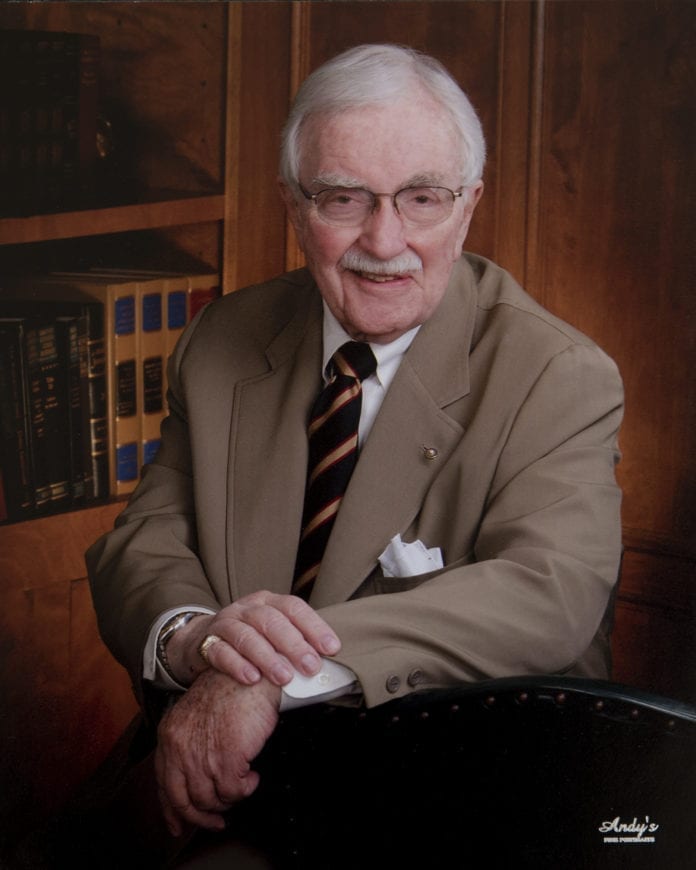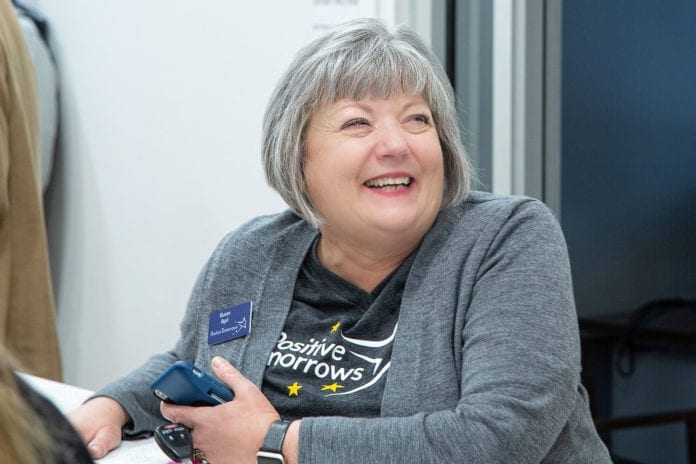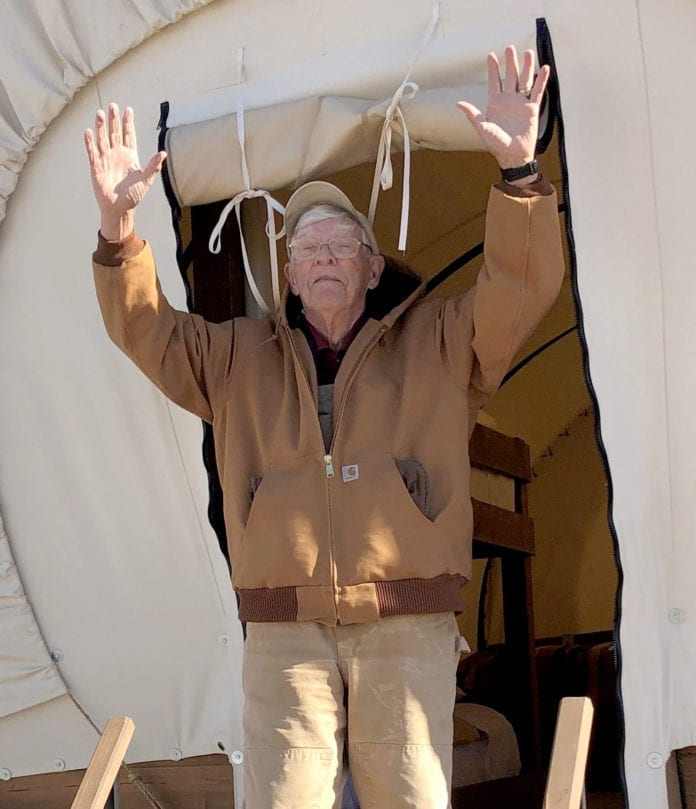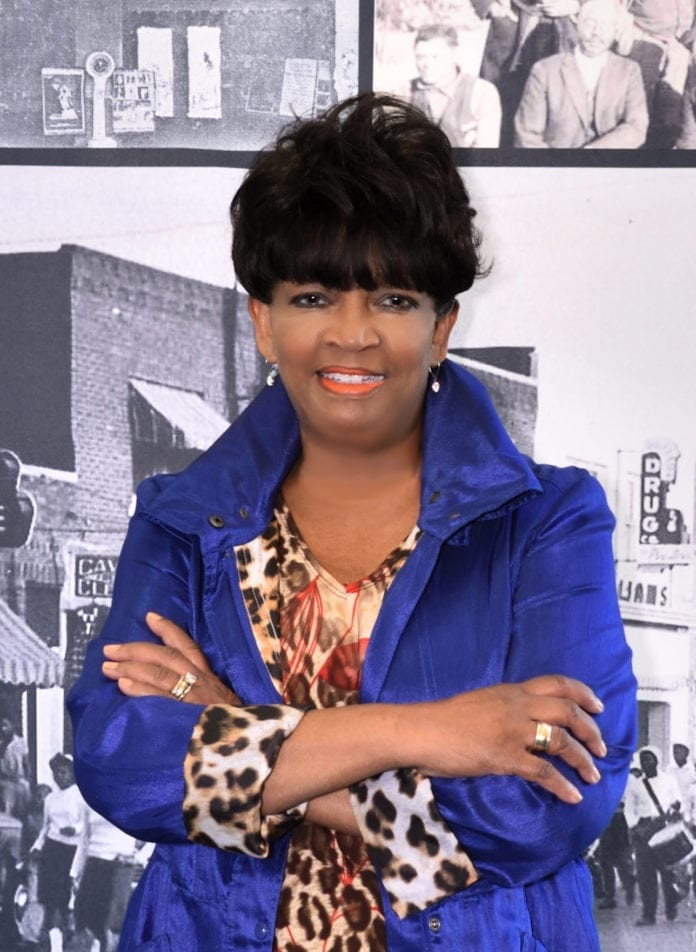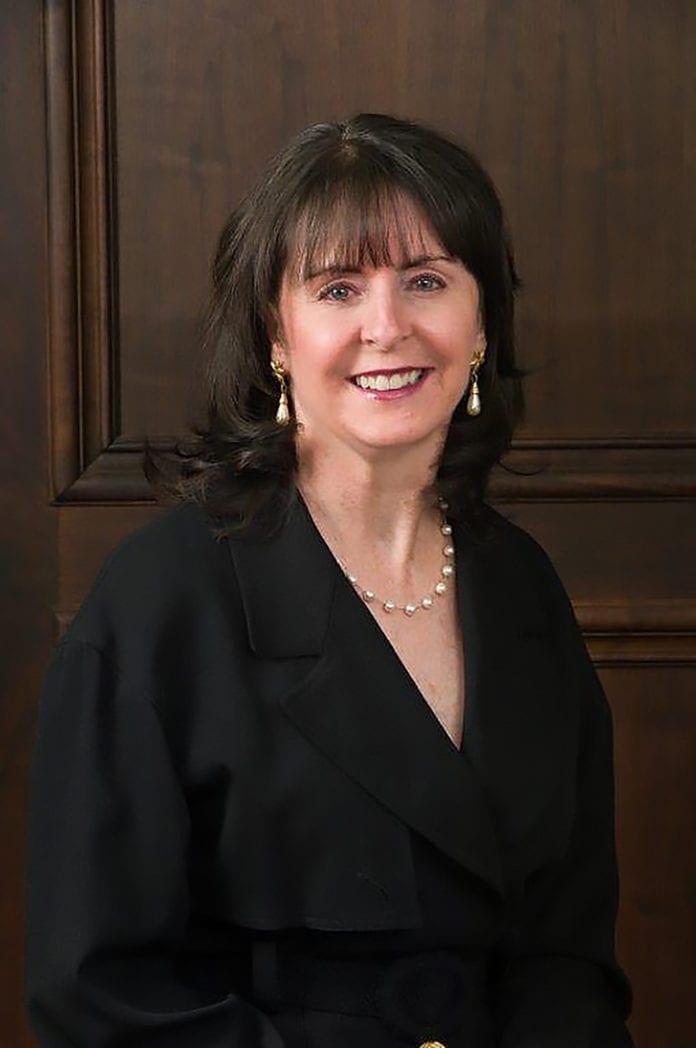Career Changes are Possible
Older people should feel confident about making a career change, says the American Association of Retired Persons (AARP), and employers should welcome them to a new field.
“People are living and working longer, and experienced workers bring expertise, maturity and perspective,” says Sean Voskuhl, AARP Oklahoma state director. “We also know from studies [that] older workers tend to have steadier, more reliable work output with higher productivity. Employer teams with older workers tend to have better team performance and lower turnover.”
When contemplating an industry change, Voskuhl says: “Job seekers really need to look at their unique skills sets and experience to see what might be a good fit. For example, right now, a number of companies are hiring for customer service positions, given the [COVID-19 pandemic] and interest in people working from home.”
The Work and Jobs page at aarp.org/work covers topics like age discrimination, job searches, changing careers and how to start your own business.
“Through our AARP job board at jobs.aarp.org, we help match years of valuable experience with employers that are committed to an age-diverse workforce,” says Voskuhl.
“Job seekers may also want to check out AARP’s employer pledge program,” he continues. “These employers affirm the value of older workers and a multigenerational workforce and hire based on ability regardless of age.”
AARP’s resume advisor tool, free to members and registered users, offers objective feedback and personalized recommendations.
If your skills need updating, Learn @50 Plus, another AARP tool, can teach you how to use a smart phone, how to use Zoom and even how to start a business.
Ways to Revamp
Those nearing or past middle age who think they might need a reset aren’t alone, says Alex Bishop, associate professor in human development and family science at Oklahoma State University.
“It’s developmentally appropriate to introspectively start thinking about your life and the meaning of it, and where you are headed,” he says. “You are entering a phase of life where you are mentally fatigued, and economically you are trying to figure out what you need to do.”
It’s a great time to do some life review, Bishop says. He recommends journaling.
Friendships are also as important as ever, but changes might be in order.
“Your friends are starting to adapt into new roles,” says Bishop – roles that include that of grandparent.
It might be a time to make new friends, or rekindle childhood friendships.
“Friendships are what we call anticipated support,” says Bishop. “And so are sons and daughters. These are the people we can really rely on in times of need. We may not interact with them as much, but it puts people at ease as they age and reduces their anxiety.”
People facing mid-life stagnation might consider volunteer work, or mentoring a younger colleague.
Retirees often benefit from a different version of the 9-to-5 experience.
“Work is so vital. It allows us to express our creativity,” says Bishop. “When you take up a hobby, it’s kind of like work, but something that you enjoy doing. These new pursuits give us meaning, and that meaning brings happiness.”























